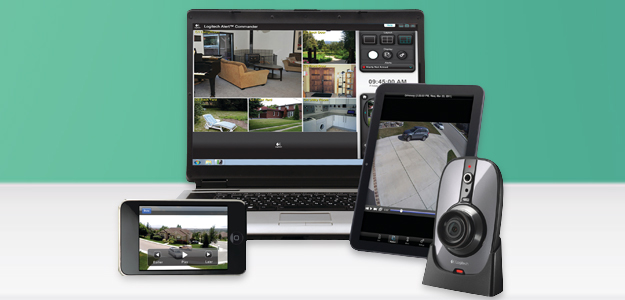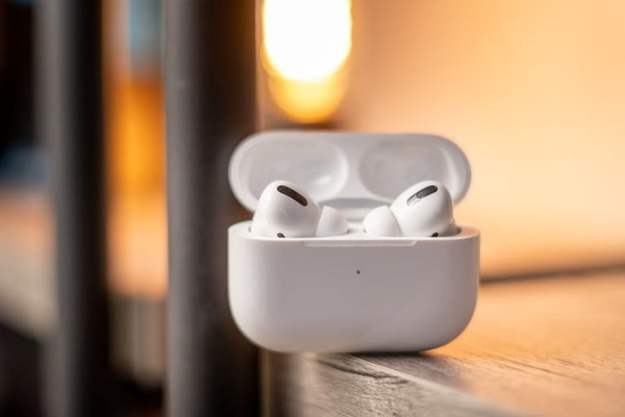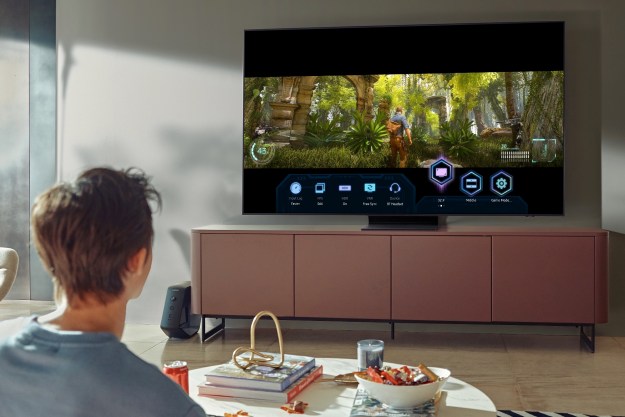 According to a report by TWICE magazine, officials at Logitech say that the company will divest itself of its remote control and digital video security categories, while also discontinuing its console gaming peripherals and speaker docks by year’s end. Logitech claims the later moves are merely part of a new initiative to “discontinue non-strategic products,” but it looks more like some serious downsizing to us.
According to a report by TWICE magazine, officials at Logitech say that the company will divest itself of its remote control and digital video security categories, while also discontinuing its console gaming peripherals and speaker docks by year’s end. Logitech claims the later moves are merely part of a new initiative to “discontinue non-strategic products,” but it looks more like some serious downsizing to us.
More than likely, there are concerns about the brand’s viability after sales in Q3 of 2012 decreased by 14 percent year-on-year. The company has also said that it would “seek additional opportunities for cost reductions in fiscal year 2014.”
With its business ailing, gaming console accessories were a logical category to jettison. After all, Logitech was always sort of wading around in those waters, reluctant to commit and submerge itself. That said, it’s no surprise that the company’s miserable Q4 2012, and a 22 percent decrease in the video game retail market this past year combined to break the camel’s back. Still, it’s Logitech’s absence in another arena that may be the most acutely felt of all.
The company has been front and center in the remote control sector for a long time, and its Harmony remote has been one of the most popular options for roughly a decade now. There are plenty of questions left to answer about the state of the brand, but you don’t fold up an industry-leading product unless you have some major problems on the home front.
The Harmony may have been a casualty of the fact that remote sales in the aforementioned period fell by 24 percent, a steep decline. Meanwhile, the Ultrathin keyboard cover was the company’s best-selling item for that span, and its tablet accessory sales have doubled. That’s where Logitech will focus its attention for the foreseeable future, as it tries to undo the damage done in an ill-fated Q3 2012, which saw the company post a $195 million net loss.


